Doctors perform organ transplant surgery. (Source: VNA) |
Nearly 19 years after the Law on Donation, Removal, and Transplantation of Human Tissues and Organs and on Donation and Removal of Cadavers was promulgated, nearly 10,000 organ transplants have been performed nationwide, of which more than 90% were from living donors. However, after 19 years, the law has also revealed many limitations.
Practice raises many issues that need adjustment.
In 2010, the first person in Vietnam donated organs after brain death. Up to now, after 15 years, the whole country has had 225 people donating organs after brain death.
Deputy Minister of Health Tran Van Thuan emphasized that the Law on Donation, Removal, Transplantation of Human Tissues and Organs and Cadaver Donation, passed by the National Assembly in 2006, is the first legal document in Vietnam that lays the foundation for a humane and advanced medical field. Thanks to this legal framework, Vietnam has so far performed thousands of organ transplants, built a network of 27 medical facilities with sufficient technical capacity, and gradually mastered many complex transplant techniques such as simultaneous heart-liver transplant, tracheal and lung transplant, etc.
“However, after nearly two decades of implementation, the practical context, technological level, patient needs and healthcare management requirements have changed dramatically. Meanwhile, the current Law is revealing a number of shortcomings and has not kept up with the development of the industry,” the Deputy Minister of Health pointed out.
Therefore, amending the Law is an objective and urgent requirement, in line with the spirit of Resolution No. 66-NQ/TW dated April 30, 2025 of the Politburo on innovation in law-making and enforcement, in order to meet the requirements of national development in the new era. The Resolution emphasizes that the law must be closely related to reality, stemming from the requirements of development, respecting and serving the people.
Current practice is posing many issues that have not been regulated or are not fully regulated by the current Law. Specifically: There is no synchronous financial mechanism for the entire chain of activities of donation, collection, transportation, preservation, and transplantation; people under 18 years of age are not allowed to donate organs, even in cases of voluntary will and family consent; the brain death diagnosis process - a prerequisite for determining the ability to donate is still complicated, lengthy, and lacks standards that are easy to apply at medical examination and treatment facilities. In addition, the rate of organ donation from brain-dead people is still very low, while more than 90% of transplanted organs currently come from living donors, causing many ethical and legal challenges; the organ donation registration process is still complicated, unfriendly, and difficult to access for the majority of people.
Deputy Minister Tran Van Thuan analyzed that this amendment to the Law should be seen as an institutional breakthrough, ensuring feasibility, consistency, creating a sustainable, humane and effective legal foundation for the organ transplant sector. Therefore, the amended Law needs to approach advanced international practices, but still ensure conformity with good customs, practical conditions and implementation capacity in Vietnam.
Expanding policies for organ donors
Associate Professor Dong Van He - Director of the National Organ Transplant Coordination Center, Deputy Director of Viet Duc Hospital said that the current Law is revealing many shortcomings and problems, requiring amendments. That is, it is necessary to supplement regulations allowing children and people with cardiac death to donate organs. Along with that, it is necessary to clearly stipulate the financial mechanism for both transplant recipients and donors. Because currently, the financial mechanism for transplant recipients does not exist, but for donors, there is an existing financial mechanism but it is still very limited.
“Currently, with 31 transplant centers nationwide, Vietnam should be able to perform 10 times more organ transplants than it does now. The problem is that we do not have enough donors. Without a large enough financial mechanism, organ donation and transplantation activities will face many difficulties,” Associate Professor Dong Van He emphasized.
A notable point in the new draft is the regulation that if a person has registered to donate tissues and organs before death, after being determined to be brain dead or heart dead, medical facilities can proceed to take organs without further consent from the family. This regulation aims to respect the wishes of the donor, shorten procedures and comply with international practices.
In cases where the deceased person did not register to donate organs, the removal of tissues or body parts still requires written consent from the legal representative or guardian, after the donor is determined to be brain dead.
The draft also proposes to expand the scope of organ donation to people under 18 years old in cases of brain death or cardiac death, with the consent of a legal representative. This is considered an important opening point, contributing to increasing the source of donated organs, which is always scarce.
Experts also believe that tissues and organs of people under 18 years old can be transplanted to patients, especially children. Because in the world, many countries such as France or some European Union countries have allowed people under 18 years old to donate tissues and organs after death with the mandatory condition of having written consent from parents or guardians. Expanding this age will create opportunities to save the lives of more children in need of organ transplants.
Although organ donation is for humanitarian, non-commercial purposes, many opinions say that there should be a policy to properly care for relatives of donors.
According to current regulations, relatives of donors are supported with burial expenses equivalent to 10 months of basic salary if they organize the funeral and bury the ashes. Those who donate tissues or body parts are posthumously awarded the "For People's Health" medal by the Minister of Health.
According to Mr. Nguyen Hoang Phuc - Deputy Director of the National Organ Transplant Coordination Center, it is necessary to expand policies for donors. Because in reality, although financial mechanisms for donors exist, they are still very limited. Without a large enough financial mechanism, organ donation and transplantation activities will face many difficulties.
For brain-dead donors, Mr. Phuc proposed exempting all medical examination and treatment costs before donating; supporting the cost of transporting the body to the locality for burial; giving free health insurance cards to the donor's parents or children for 3-5 years; and giving priority to the donor's relatives on the organ transplant list if they fall into organ failure later.
According to the Ministry of Health, the new bill aims at a modern, professional coordination system. In particular, the brain death diagnosis process will be simplified and shortened to avoid missing out on organ transplant opportunities.
Director of the Department of Medical Examination and Treatment (Ministry of Health) Ha Anh Duc suggested that it is necessary to continue to research and analyze carefully to complete the draft amendment to the Law on Donation, Removal, Transplantation of Human Tissues and Organs and Cadaver Donation. The Ministry of Health's viewpoint is to complete the legal framework, amend shortcomings and supplement regulations suitable to reality after nearly 20 years of implementation.
Source: https://baoquocte.vn/sua-doi-luat-hien-lay-ghep-mo-tang-them-co-hoi-song-cho-hang-nghen-nguoi-benh-moi-nam-320110.html


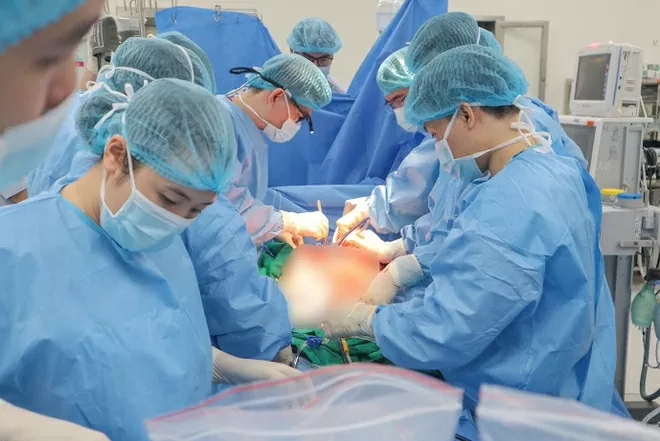








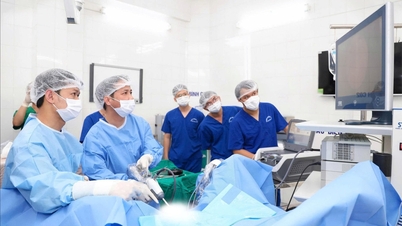


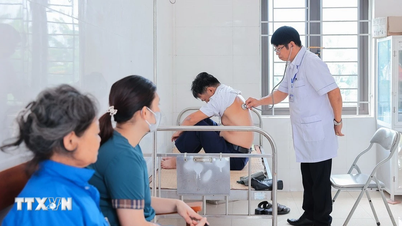

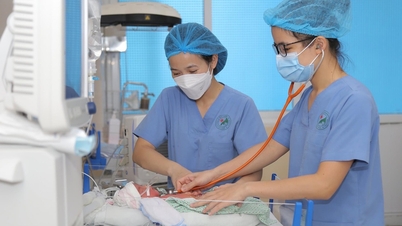
![[Photo] Standing member of the Secretariat Tran Cam Tu works with the Standing Committee of the Party Committee of the Ministry of Health](https://vphoto.vietnam.vn/thumb/402x226/vietnam/resource/IMAGE/2025/10/10/1760079818773_image-4-6972-jpg.webp)



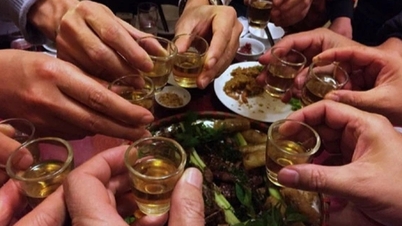


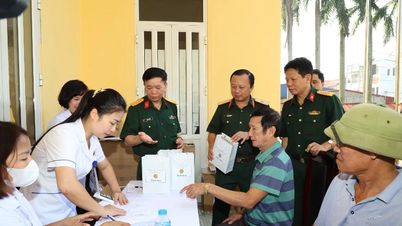
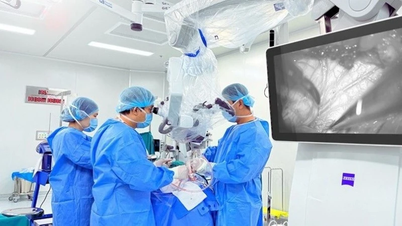







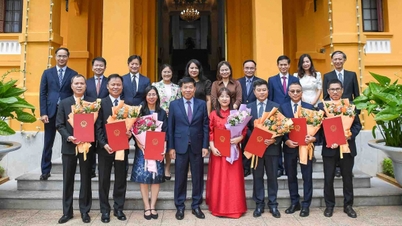

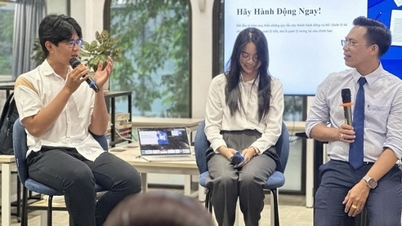

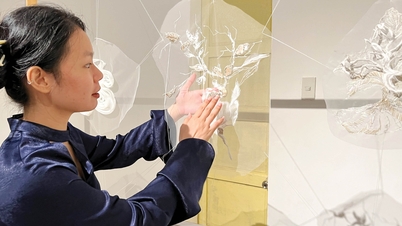

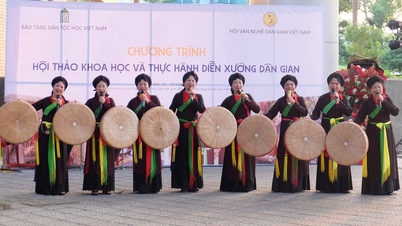



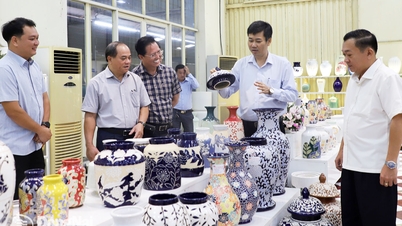







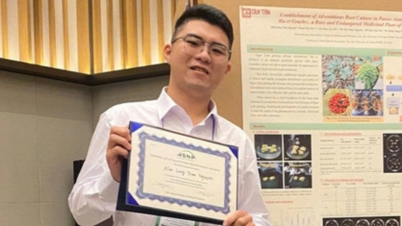


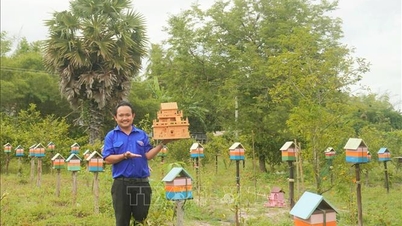

















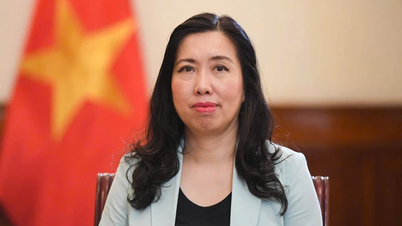

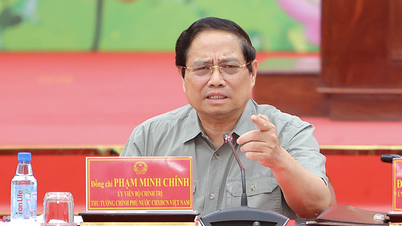




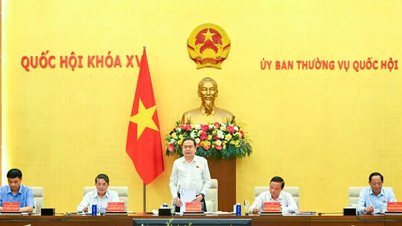




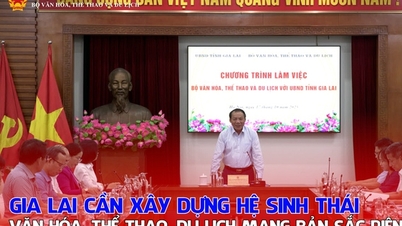


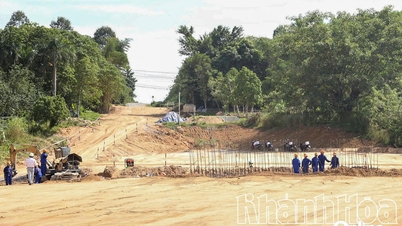

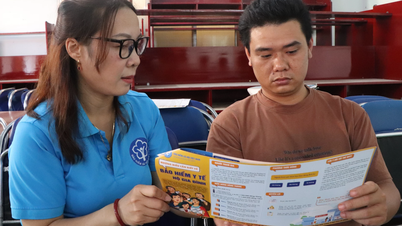
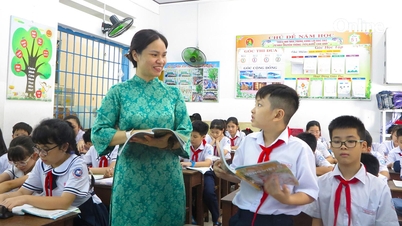
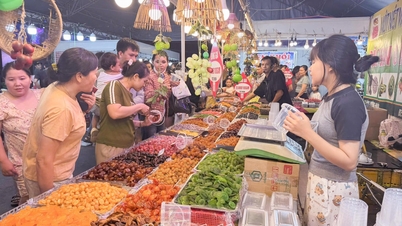
















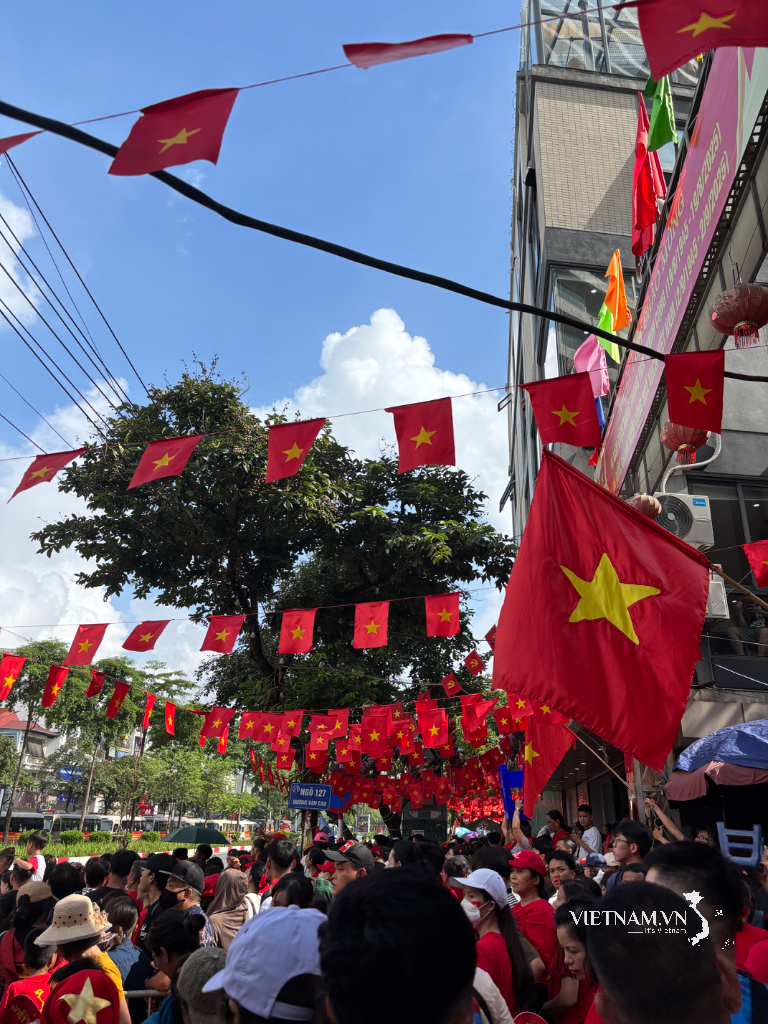

Comment (0)